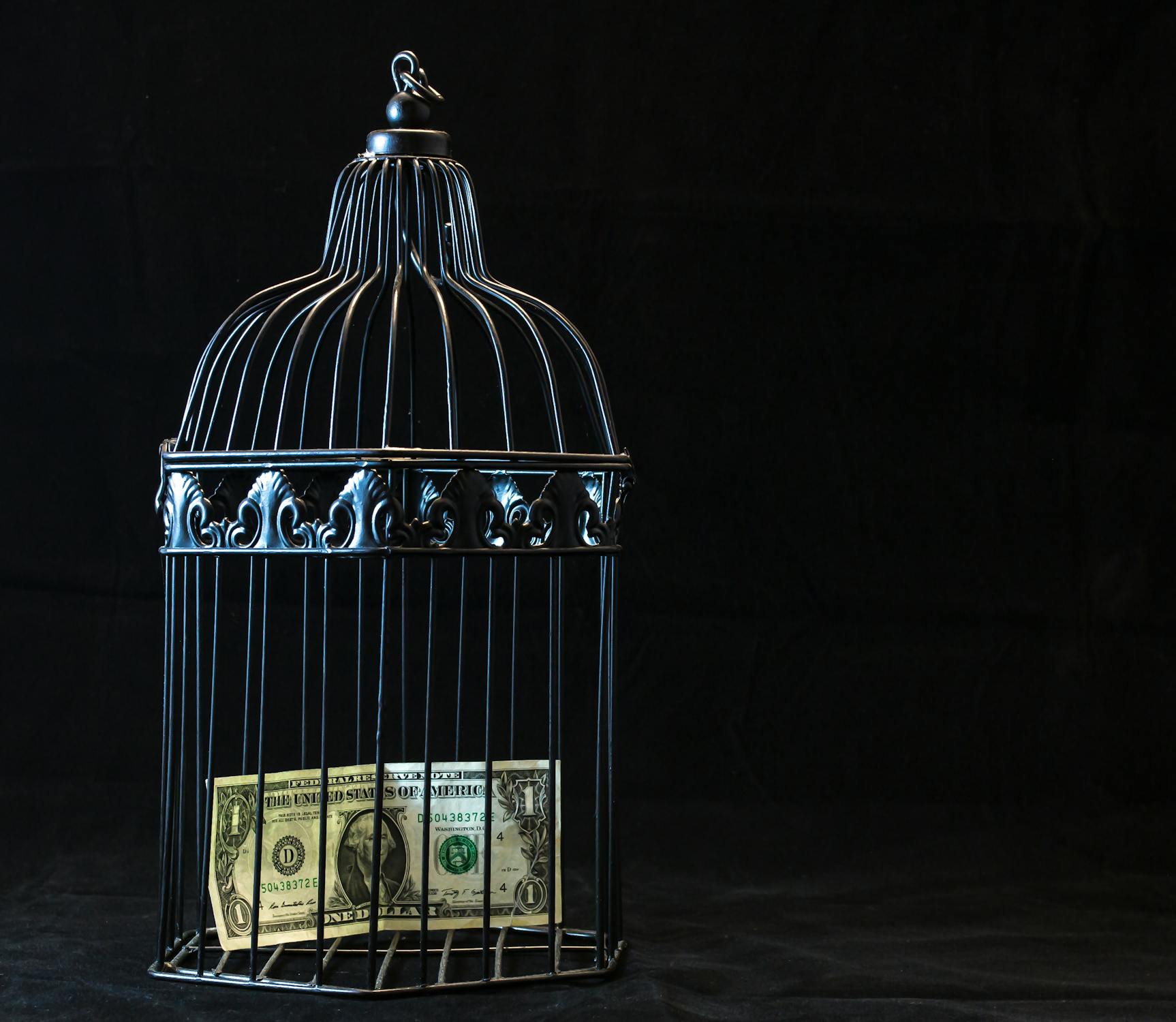What is a 401k?
Hello Everyone! Apologies for not writing for so long... but I actually am really excited for this post because it's something I have been dealing with personally for some months now.
Retirement planning is a complex, complicated subject and if you're anything like me, you avoid thinking about for fear of early-onset depression.
For me, I had to really break it down. I did not even know what the "k" in 401k stood for. So let's start with the basics:
What is a 401k Plan?
Basically, it's an employer-sponsored retirement plan for employees. Not all employers offer this.What Does that Mean?
It means your employer is going to help you save for retirement. Back in the day, this was a pension, but oh god you'd be lucky to see one of those nowadays.How it works is, your employer will set up a plan for you so that you're able to invest towards the future. You, the employee, will elect to take a portion of your paycheck and invest it in a plan for retirement. Some employers will even match your paycheck contributions.
When I "Invest" in my 401k, What Happens?
Investing in 401k simply means you are taking money from your paycheck and putting it towards stocks or bonds, usually in an investment vehicle called a mutual fund (more on those later).These mutual funds have been selected by your employer (or your employer's broker), which means your choice as to where your money is being invested can be limited. These funds fall under your overall "401k Plan".
So my Money is Invested, Now What?
You wait. Yes, you wait until you are literally old enough by law to withdraw your 401k funds without being penalized by the government.It's important to understand that with traditional 401k plans, the money you are putting into your plan is tax-free. This means the government can't get its little hands on it until you withdraw it later in life. However, there are ways around this... more on "Roth 401k" later.
What are the Benefits of a 401k?
- Contributions to your 401k can lower your income taxes
"Pretax contributions to a traditional 401(k) lower your total taxable income for the year. For example, let’s say you make $65,000 a year and put $18,000 into your 401(k). Instead of paying income taxes on the entire $65,000 you earned, you’ll only owe on $47,000 of your salary. In other words, saving for the future let you shield $18,000 from taxation."
- Uncle Sam can't touch any of your money until you retire
Keep in mind that the point of investing is that your 401k won't act as a savings account. It will hopefully provide you more money based on how well the mutual fund performs (again, more on this later).
While that plan is earning money for your retirement, the government is not taxing you on these returns. It is only when you withdraw the funds - and please don't do this before the legal age.
The Downside to 401k?
This could lose you money and not get you ahead in your retirement planning. Just look at what people lost in the 2008 housing crisis!
2. If you need the money for something, you will get a penalty for withdrawing money from your 401k early. Remember! This is not a Savings Account, a 401k is an agreement with the Feds where you are simply putting away money tax-free so you can retire one day; if you decide to take the money out to say, buy a house or pony the Feds will want their cut.
Comments? Questions? Please post!
More to come soon...
oh and one more thing:
What Does the 'k" stand for in 401k? Not an interesting story... it's from the tax code.
Sources: NerdWallet.com
